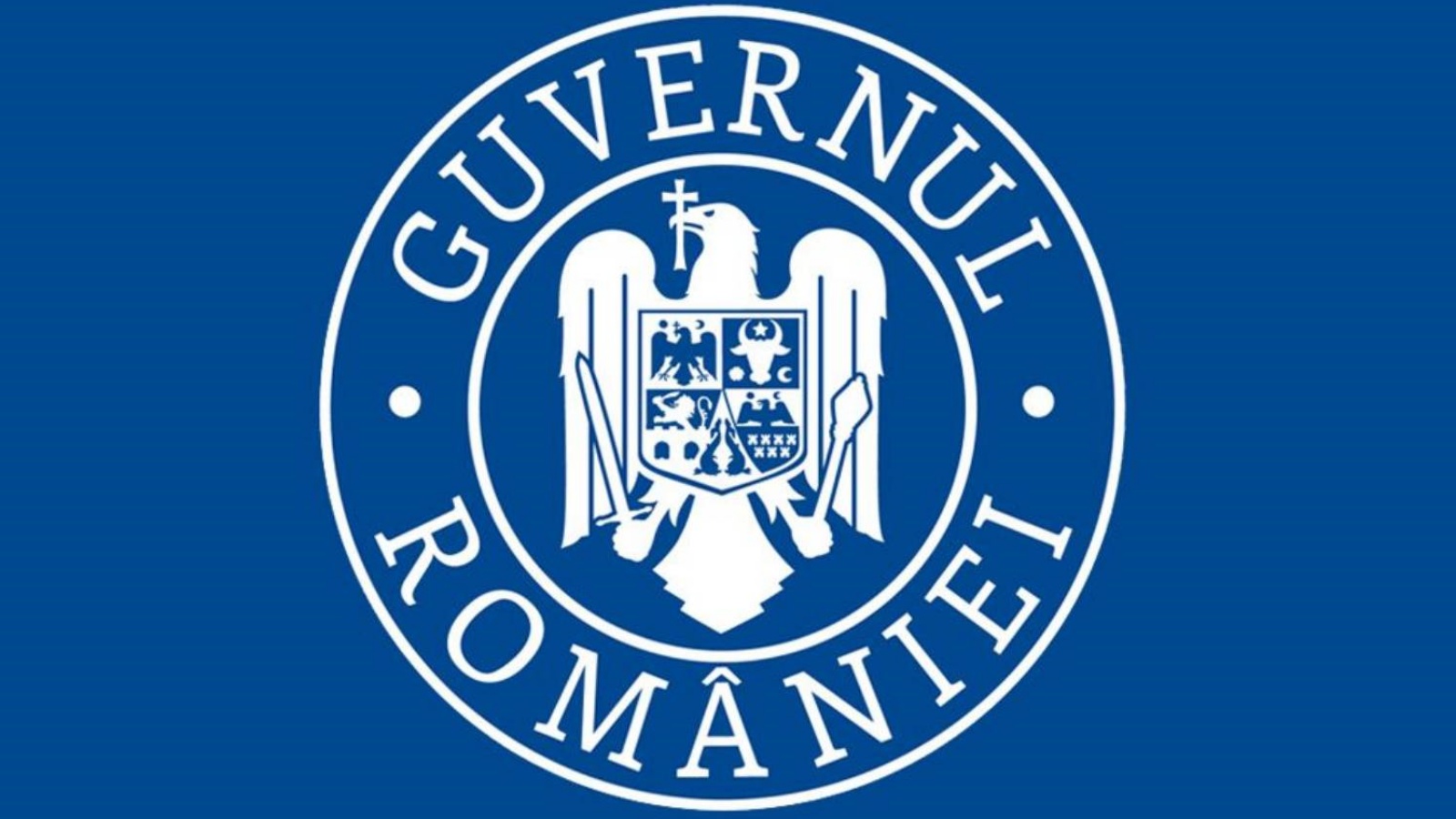Guvernul Romaniei face toate eforturile pentru ca Romania sa poata adera la OCDE cat de rapid cu putinta pentru a beneficia de tot ceea ce aduce apartenenta la un asemenea tip de organizatie, insa e nevoie de multa munca, si de multe reforme.
Premierul Nicolae Ciuca spune ca institutiile Romaniei sunt pregatite sa isi asupe reponsabilitatile pentru ca procesul de aderare al Romaniei al OCDE sa fie dus la bun sfarsit, totul in paralel cu realizarea formelor pentru PNRR.
Toate instituțiile cu atribuții în domeniu își vor asuma responsabilitățile în procesul de aderare a României la OCDE, atât prin elaborarea cadrului normativ adecvat, cât, mai ales, prin aplicarea reformelor.
Este importantă corelarea acestor demersuri cu cele de implementare a reformelor din PNRR.
Folosind procedurile de lucru care sunt deja standarde recunoscute la nivelul partenerilor din statele dezvoltate, vom putea oferi cetățenilor noștri o mai bună funcționare a instituțiilor publice, iar mediului de afaceri un cadru mai predictibil.
Aderarea la OCDE va dinamiza ritmul atragerii de investiții străine, crescând nivelul nostru de credibilitate și atractivitate. Guvernul va derula în acest sens o serie de consultări cu mediul de afaceri și societatea civilă pentru a include propunerile și inițiativele acestora în procesul național de aderare la OCDE.
Prim-ministrul Nicolae-Ionel Ciucă a convocat Comitetul Interministerial pentru coordonarea aderării la Organizația pentru Cooperare și Dezvoltare Economică – OCDE. Cu această ocazie, a fost analizat stadiul pregătirii României în cadrul procesului de aderare, demarat oficial pe 28 iunie a.c., după primirea Foii de parcurs adoptate de Consiliul miniștrilor OCDE.
Una dintre principalele teme vizează elaborarea Memorandumului inițial pentru asumarea standardelor practicate de organizația ai cărei membri dețin 70% din producţia şi comerţul globale şi 90% din nivelul mondial al investiţiilor străine directe.






















